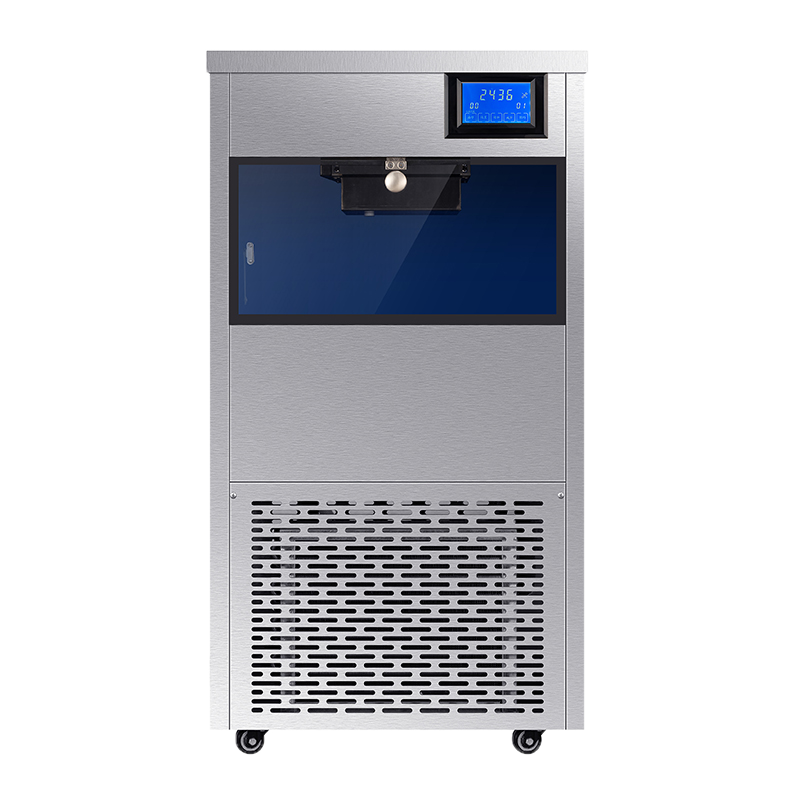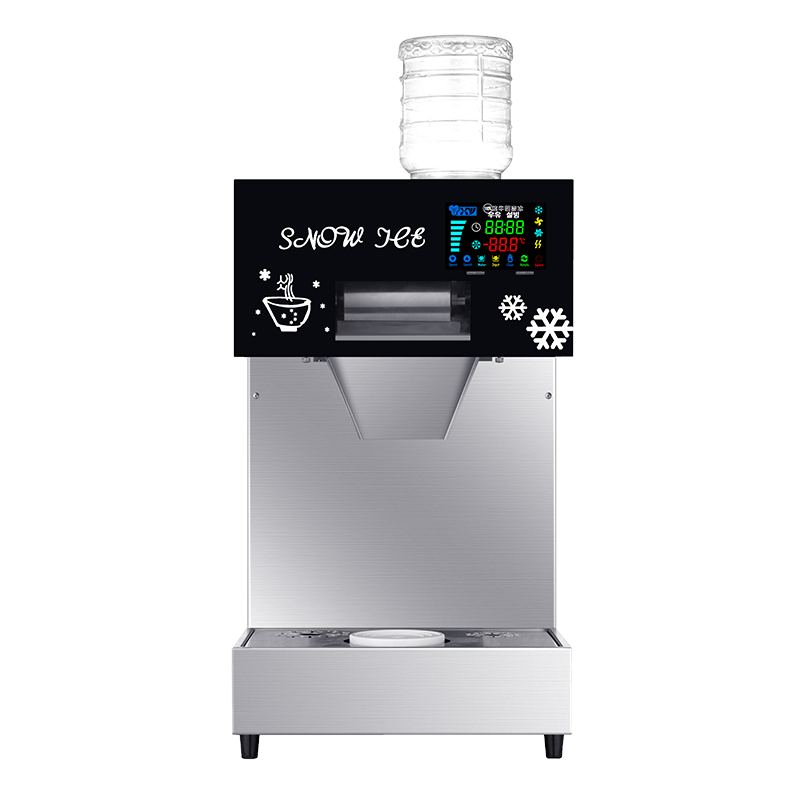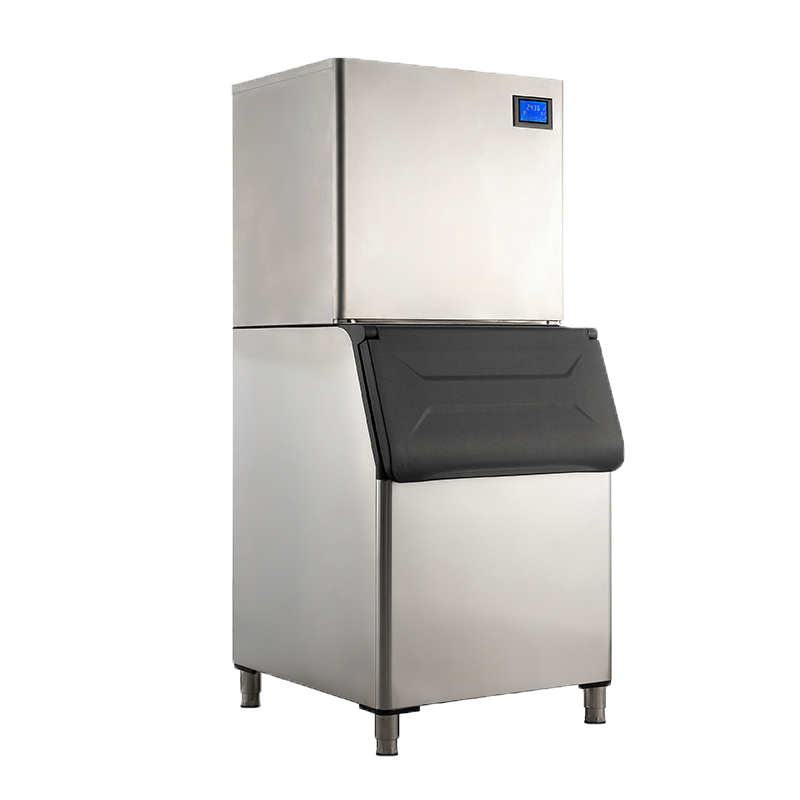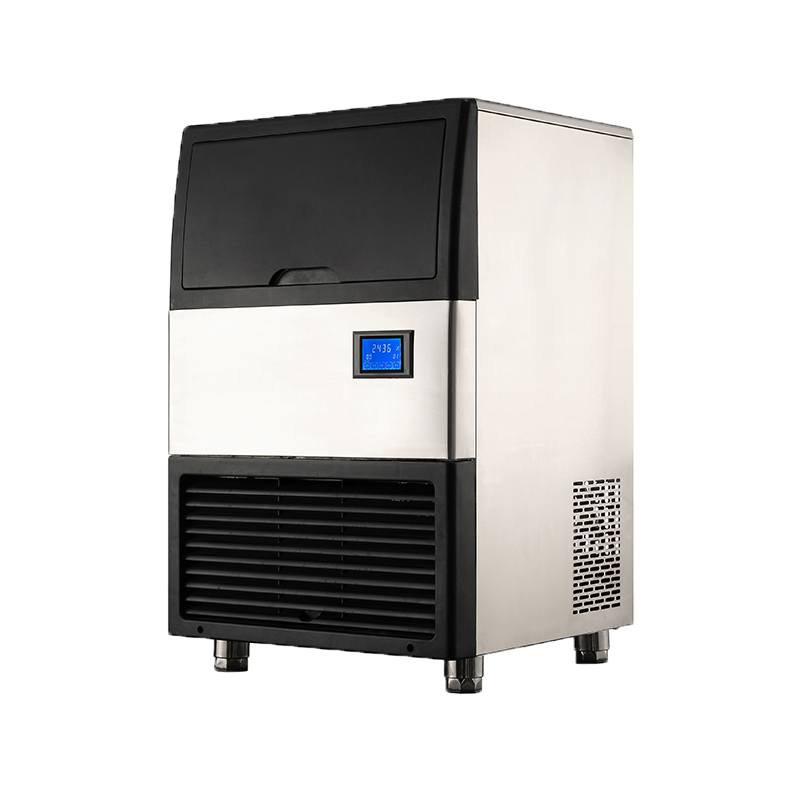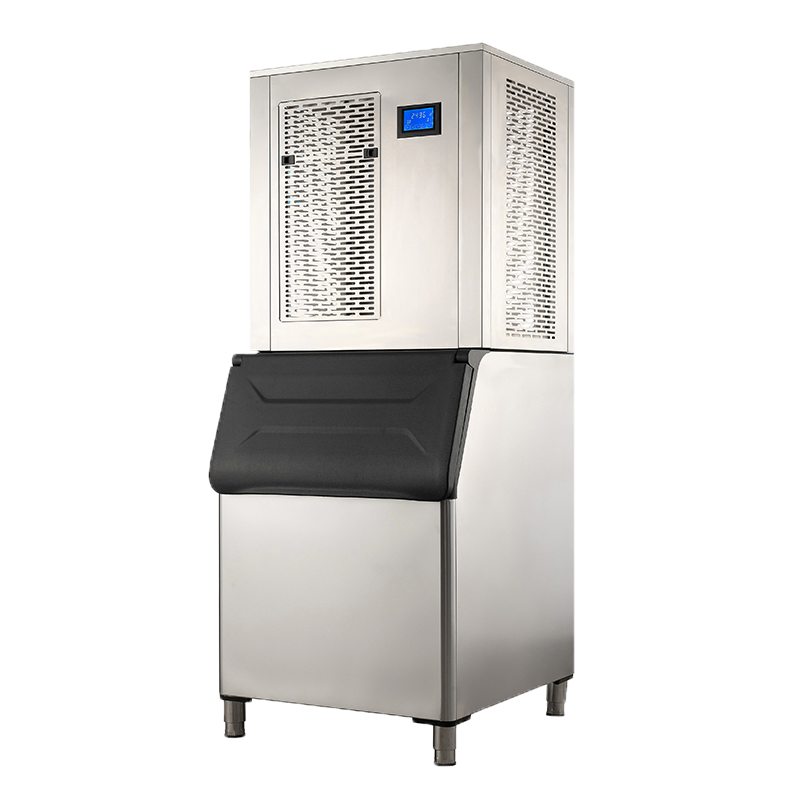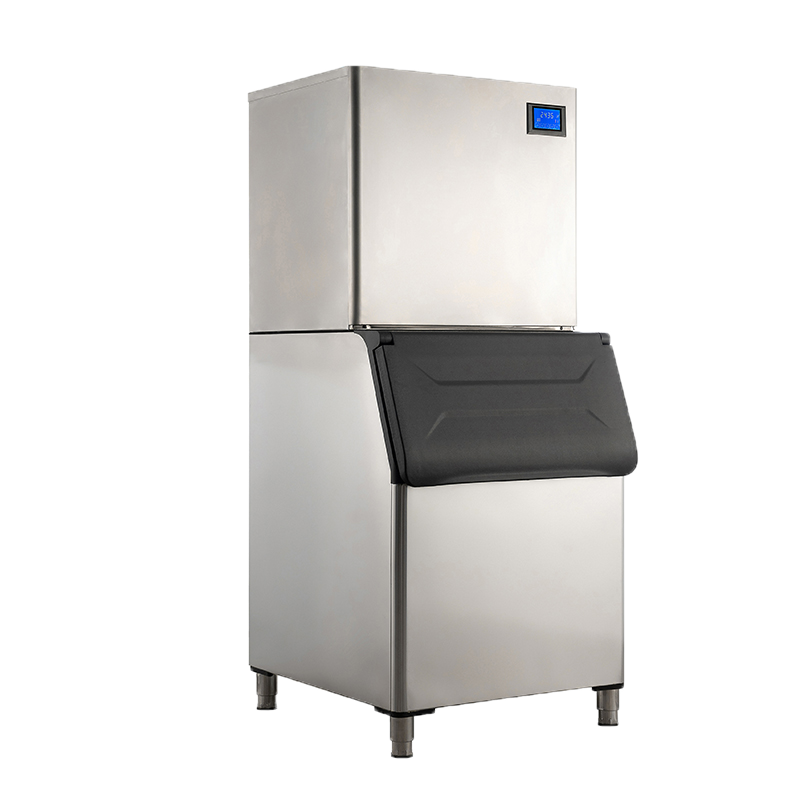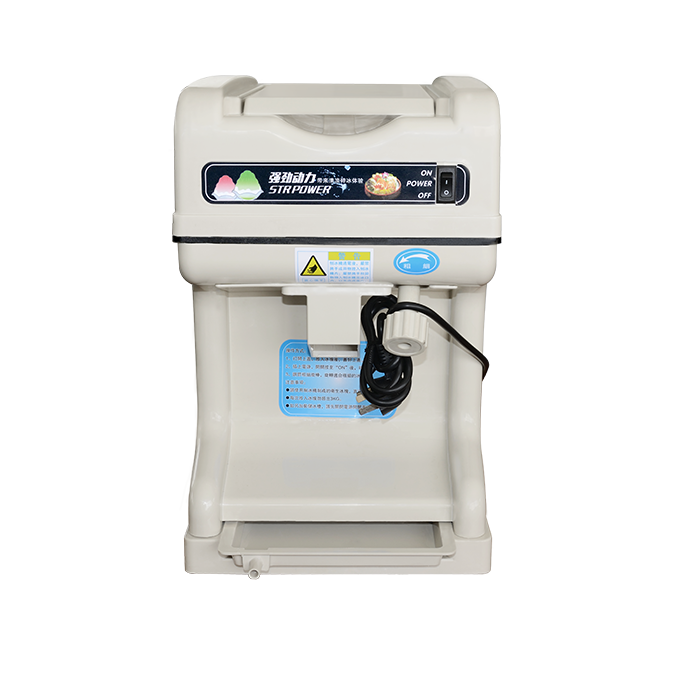The allure of a perfectly chilled drink on a hot summer day or the convenience of having ice readily available for your evening cocktail party is undeniable. Ice makers have revolutionized the way we enjoy cold beverages, and today we're going to explore the two main types: freezer ice makers and portable ice makers. Whether you're looking to upgrade your kitchen or need a solution for an ice-cold beverage on the go, this guide will help you make an informed decision.
Section 1: The Inner Workings of Freezer Ice Makers
Freezer ice makers are a staple in many modern kitchens, seamlessly integrated into the design of a refrigerator. They are designed to produce ice cubes within the freezer compartment, providing a consistent supply for your home.
How do freezer ice makers work
The process begins with water being fed into the ice maker's mold.
As the temperature in the freezer drops, the water in the mold freezes, forming ice cubes.
Once fully frozen, the ice maker activates a mechanism that breaks the ice away from the mold and dispenses it into a storage bin or directly into a glass.
Freezer Ice Makers: Features and Benefits
Convenience: With an automatic ice dispenser, you can access ice without opening the freezer door.
Capacity: Built-in ice makers can produce a large volume of ice, suitable for households with high ice consumption.
Integration: As part of a refrigerator, they offer a clean, clutter-free kitchen aesthetic.
Section 2: The Versatility of Portable Ice Makers
Portable ice makers are the epitome of flexibility, allowing you to make ice anywhere with a simple power outlet and water source. They are compact, lightweight, and designed for quick setup.
How do portable ice makers work
Portable ice makers use a self-contained freezing system, which can be either a compressor or a freezing plate.
Water is poured into a reservoir, and the machine rapidly cools the water, forming ice cubes in a separate tray.
Once the ice is formed, it can be collected in a bin or used immediately.
Portable Ice Makers: Features and Benefits
Portability: These ice makers can be moved easily, making them perfect for outdoor events, offices, or travel.
Speed: Some models can produce ice in as little as 6 minutes, which is ideal for last-minute needs.
Versatility: They can use tap water, bottled water, or even filtered water, providing flexibility in water sources.
Section 3: Freezer Ice Makers vs. Portable Ice Makers: Weighing the Pros and Cons
When deciding between a freezer ice maker and a portable ice maker, it's essential to consider your specific needs and circumstances.
Freezer Ice Makers: The Pros and Cons
Pros:
Seamless kitchen design and integration.
Reliable and consistent ice production.
Additional features like crushed ice or filtered water options.
Cons:
Fixed location, limiting flexibility.
Higher initial cost due to the refrigerator's price.
Potential for reduced efficiency if the freezer door is frequently opened.
Portable Ice Makers: The Pros and Cons
Pros:
Can be used in various locations, offering unmatched flexibility.
Quick setup and ice production, perfect for immediate needs.
Generally more affordable than a refrigerator with a built-in ice maker.
Cons:
Requires manual water refilling, which can be inconvenient.
May not be as energy-efficient or produce as much ice at once.
Quality of ice can vary, and some models may require more frequent cleaning.
Section 4: Practical Applications and Recommendations
Understanding where and how you plan to use an ice maker will guide your choice between a freezer or portable model.
For Home Use
If you have ample kitchen space and a consistent need for ice, a freezer ice maker may be the better option.
For those with limited space or who move frequently, a portable ice maker offers flexibility without sacrificing ice-making capabilities.
For Parties and Events
Portable ice makers are ideal for events where a large volume of ice is needed quickly and may be set up outdoors or away from a kitchen.
For Commercial Use
Bars and restaurants may opt for freezer ice makers for their reliability and high production capacity.
Portable ice makers can be useful for temporary setups or additional ice needs during peak hours.
Section 5: Maintenance and Troubleshooting
Proper maintenance ensures the longevity and efficiency of your ice maker.
Maintenance Tips
Regularly clean the ice maker to prevent bacterial growth and maintain ice quality.
For freezer ice makers, check the door seal to ensure it's not compromised, affecting the freezing process.
For portable ice makers, clean the water reservoir and ice tray to avoid mineral buildup.
Troubleshooting Common Issues
Slow ice production could be due to a clogged water line or a need for cleaning.
Cloudy ice may indicate the need for a water filter or cleaning of the ice maker's components.
Conclusion
In conclusion, both freezer and portable ice makers offer unique advantages depending on your lifestyle and needs. Freezer ice makers provide a seamless and integrated solution for consistent ice production, while portable ice makers offer unmatched flexibility and quick setup for immediate ice needs. Consider the pros and cons of each, and choose the one that best fits your requirements for a refreshingly cold experience.


